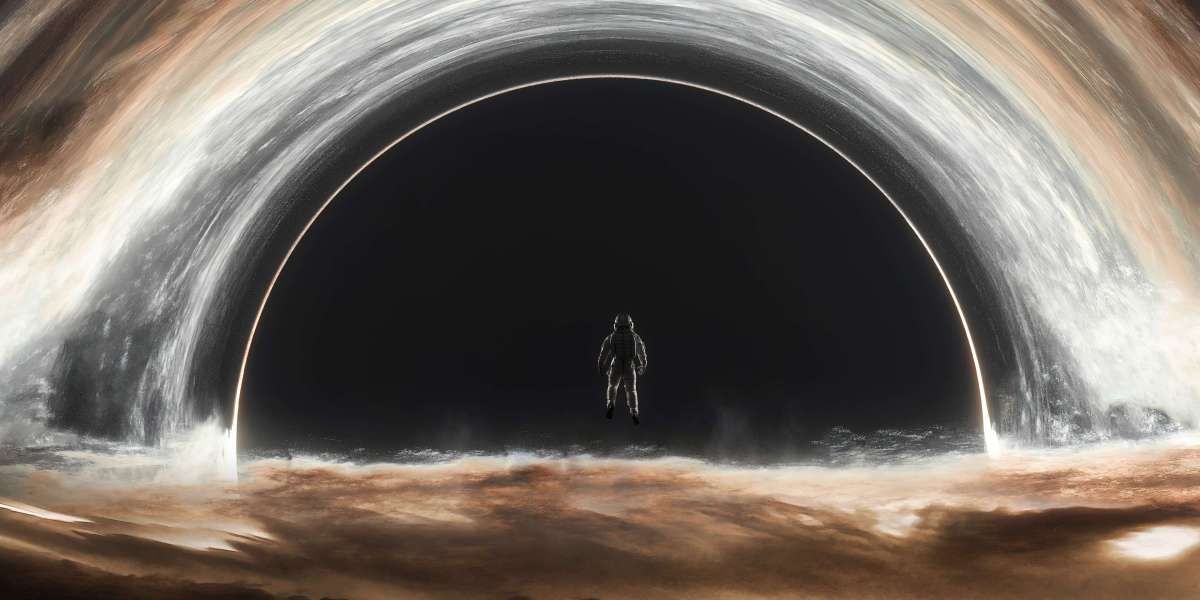As the world increasingly shifts towards renewable energy sources, the role of energy storage systems has become more critical than ever. These systems not only enhance the efficiency of renewable energy sources but also provide a reliable solution for energy management. This article delves into the transformative impact of energy storage systems on the renewable energy landscape.

Understanding Energy Storage Systems
Energy storage systems are technologies that capture energy produced at one time for use at a later time. They play a vital role in balancing supply and demand, particularly in the context of renewable energy sources such as solar and wind. By storing excess energy generated during peak production times, these systems ensure that energy is available when it is most needed.
Types of Energy Storage Systems
There are several types of energy storage systems, each with unique characteristics and applications:
- Batteries: Lithium-ion and lead-acid batteries are the most common types used for residential and commercial applications.
- Pumped Hydro Storage: This method uses gravitational potential energy by pumping water to a higher elevation during low demand and releasing it to generate electricity during high demand.
- Flywheels: These systems store energy in the form of kinetic energy and are known for their rapid response times.
- Thermal Storage: This involves storing energy in the form of heat, which can be used later to generate electricity or provide heating.
The Importance of Energy Storage Systems
Why are energy storage systems so crucial in today’s energy landscape? The answer lies in their ability to:
- Enhance Grid Stability: By providing backup power during outages and balancing supply and demand, energy storage systems contribute to a more stable grid.
- Facilitate Renewable Integration: They enable higher penetration of renewable energy sources by storing excess energy for later use.
- Reduce Energy Costs: By storing energy during off-peak hours and using it during peak hours, consumers can save on energy bills.
Future Prospects of Energy Storage Systems
As technology advances, the future of energy storage systems looks promising. Innovations in battery technology, such as solid-state batteries, are expected to improve efficiency and safety. Moreover, the integration of artificial intelligence in energy management systems will optimize energy usage and storage. Will these advancements lead to a more sustainable energy future? The potential is immense.
Conclusion
In conclusion, energy storage systems are not just a trend; they are a fundamental component of the renewable energy ecosystem. Their ability to store and manage energy effectively makes them indispensable for achieving energy independence and sustainability. For those interested in exploring advanced energy storage solutions, consider checking out the  that showcases cutting-edge technology in this field.
that showcases cutting-edge technology in this field.







